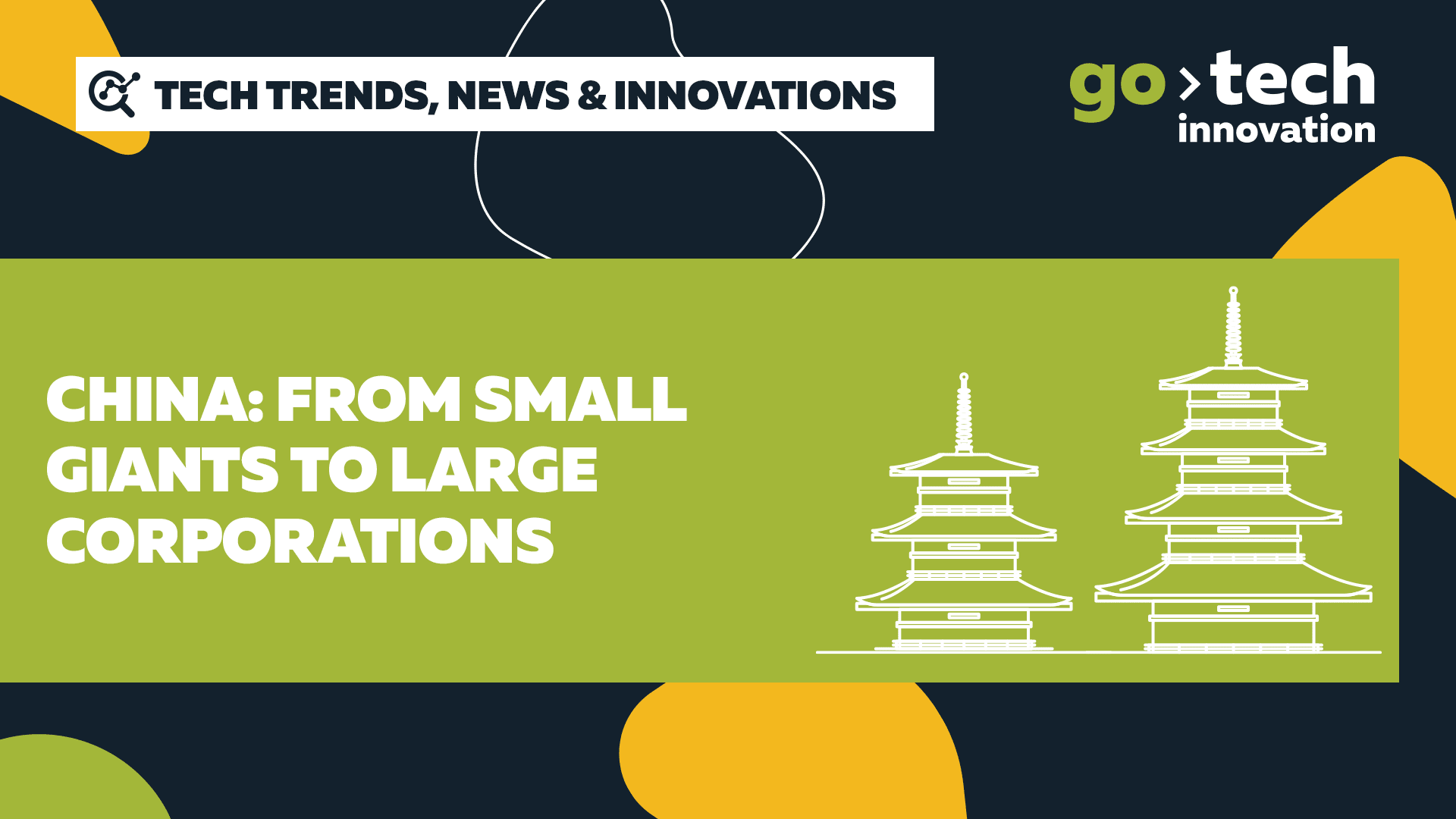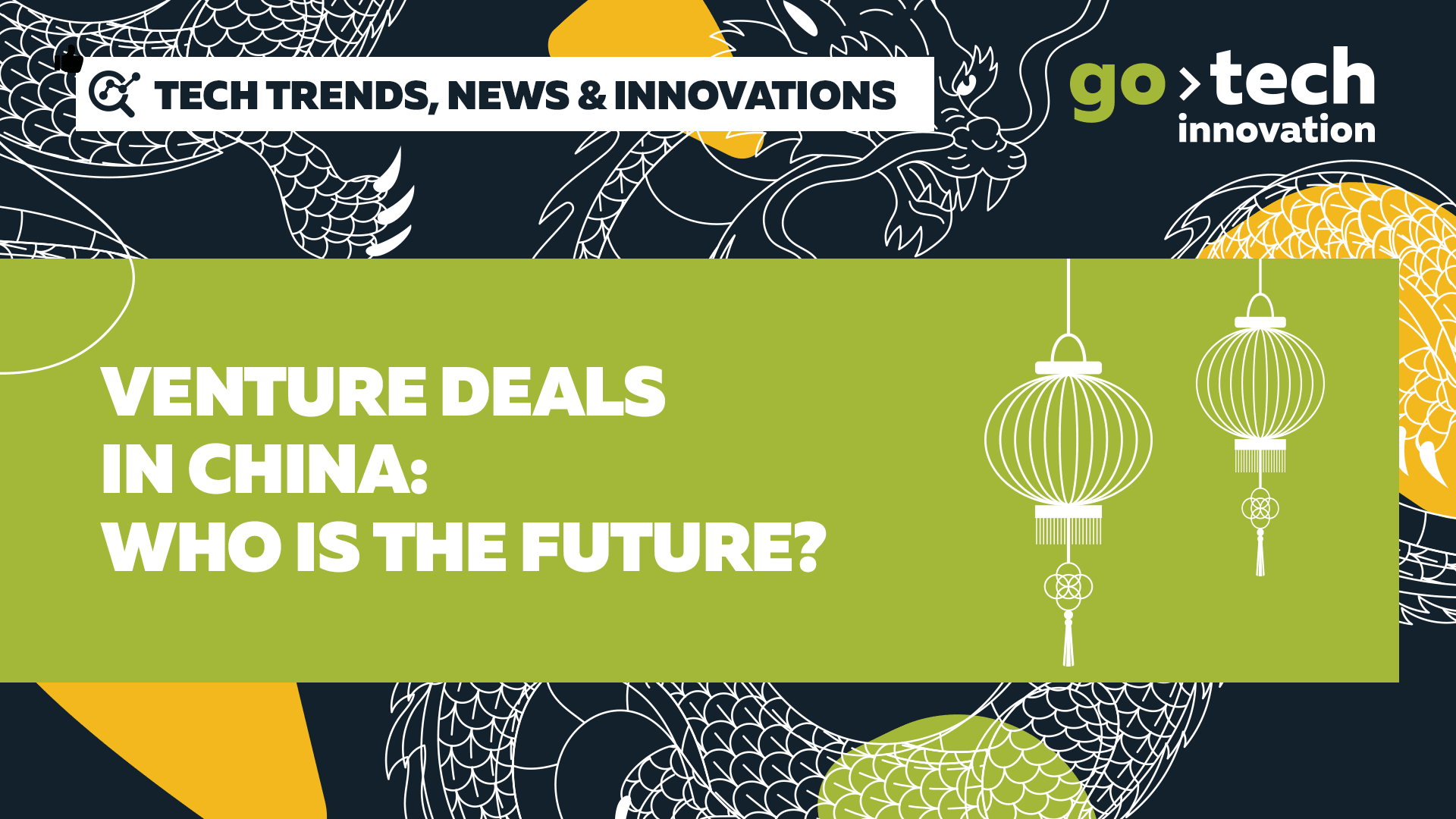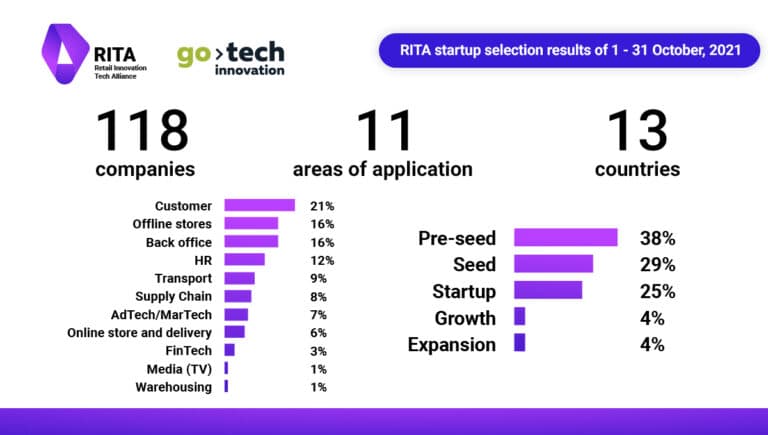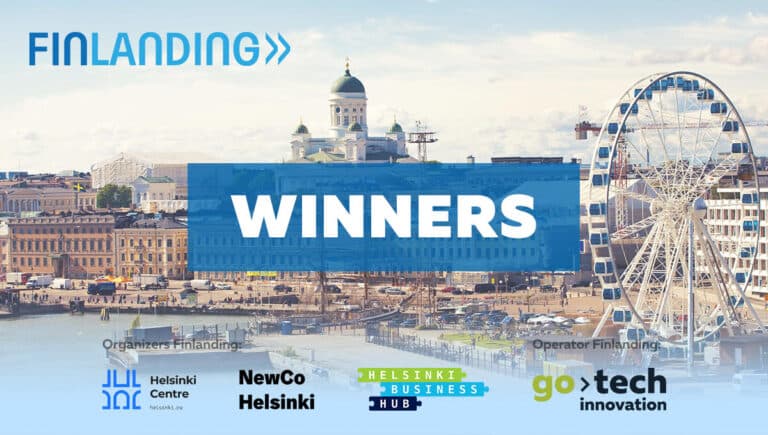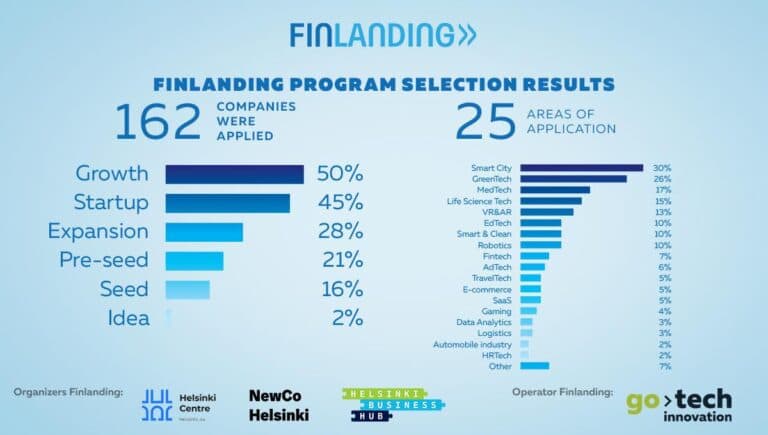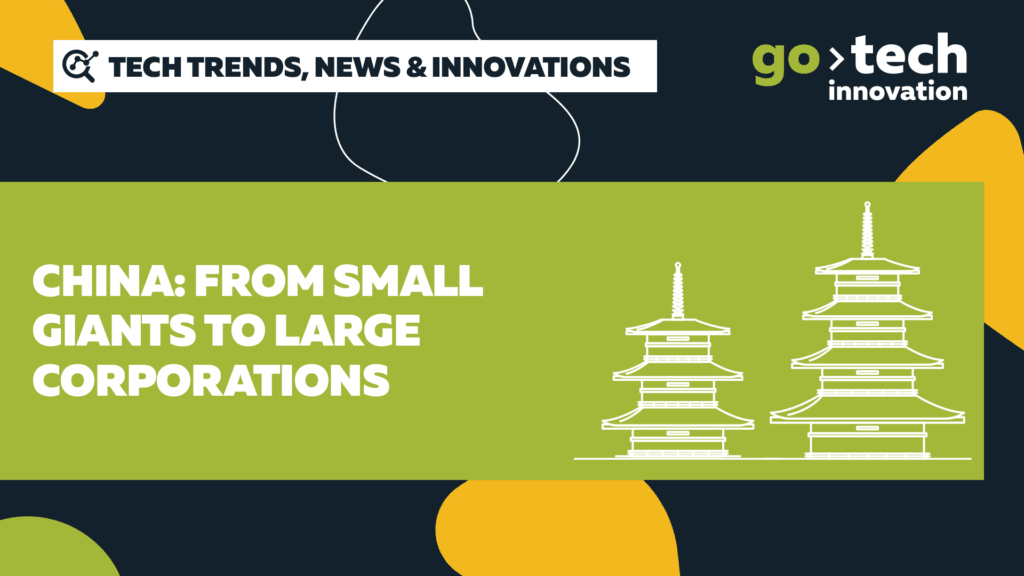
The development of technology companies in China is determined by government policy aimed to stimulate the growth of strategic and growing industries such as artificial intelligence, microelectronics and semiconductors, biotechnology, etc. In addition, the state considers entrepreneurship as the thing that directly affects the reduction of the number of unemployed. An important motive for the actions of the local government in the segment of young technology companies is the desire for their development in the local market. 1.4 billion people of the country’s population is a very real audience for growing new technology giants.
In the StartupBlink ranking among the global ecosystems for startups by the end of 2022, China was in 10th place, and in the Asian region, it took the 1st place. The rating creators named Beijing, Shanghai and Shenzhen as the leading cities in terms of ecosystem development. Hangzhou, Guangzhou, Chengdu, Wuhan, Changsha and Nanjing were also noted. Further on, we will often refer to the data of 2022 in the text since there is no more recent information in open sources yet.
The Ministry of Industry and Information Technology of China in 2022 noted that an average of 23,800 new companies are registered in the country every day. In addition, the total number of micro, small and medium-sized enterprises exceeds 52 million units. However, there is no exact data for the number of technology startups in China. Nevertheless, the number of “unicorns” is known.
Attack of the “unicorns”
In 2022, there were 368 unicorns in China (companies with a capitalization of more than $1 billion). Moreover, the dynamics of the appearance of new members on the list is impressive. For example, in 2022, the number of new unicorns in China increased by 74 (in the whole world, their number increased by 330). Economists at that time estimated the total capitalization of companies of this status at $1,345.5 billion. Ten of the 40 most expensive unicorns in the world by the end of 2021 represented China.
Interestingly, China accounts for almost a quarter of the total number of unicorns in the world. The USA is the leader in this ranking – 746 companies. Moreover, China is in second place – 23% of the total number of unicorns in the world. The Asian giant is ahead of the whole of Europe, where there were 264 unicorns at the beginning of 2023. In China, the time for the development of a startup to the status of a unicorn passes significantly faster than the average in the rest of the world. It takes 5 to 6 years, which is 4 years faster than the global average.
70% of unicorn companies from China are concentrated in four technology areas: these are cleantech, new energy, medicine, and smart logistics. In addition, more than 300 Chinese unicorns work in 11 sectors of the economy. Digital economy, corporate services, software, high-precision equipment, e-commerce, fintech, new media and new consumption are added to the mentioned segments. Most unicorns are concentrated in e-commerce, medicine, and high-precision equipment (each segment has a share above 12%). Although the new media segment is the leader in monetary terms, companies in this sector occupy 28.2% of the total capitalization of Chinese unicorns. Of course, ByteDance, which owns TikTok, helps here. This company is the world’s leader among unicorns in terms of market value. Next to new media is the fintech segment with a share of 16.1%.
Chinese unicorns have chosen four cities. These are Beijing, Shanghai, Shenzhen, and Hangzhou. In 2022, 73.3% of Chinese “billionaires” were in these metropolitan cities. Beijing is the leader with 113 billionaire companies.
Due to the development of unicorns, several industrial clusters have formed in China. For example, the Yangtze River Delta is home to major players representing the semiconductor and new energy industries. In the southeastern regions, unicorns prefer new consumption, retail, and e-commerce. As for the Big Bay area (Guangzhou, Shenzhen, and Hong Kong) is the prerogative of fintech, e-commerce, high-tech manufacturing, and medicine.
The automotive cluster is in Changzhou City District. It houses electric vehicle manufacturers, including the global giant BYD, their suppliers, and even CATL, the largest battery manufacturer.
Little giants
The Chinese government has formed a “Made in China” growth program, according to which 10,000 “small giants” – startups in priority sectors of the economy – should appear by 2025. In 2022, it was reported that 8,997 such companies were identified in the country.
“Small giants” in the understanding of local authorities are representatives of small and medium-sized high-tech businesses that specialize in niche segments and develop solutions designed to replace imported products on the local market. Previously, the Chinese government supported mainly industrial giants to achieve strategic goals, but now it has switched to companies capable of generating valuable innovative solutions. A national system was formed at all levels to search for potential “small giants” and stimulate their growth. Companies receiving this status become applicants for direct and indirect support from the state. Every three years they must confirm their level. As for the assistance provided by the Government of the country, it is focused on the financial direction, the development of R&D involving universities and research institutes, and cooperation with large companies in terms of investments, customer base development and mentoring.
Such a policy has already led to the fact that the “small giants” have not only grown in the local market, but also began to export their products to other countries. The pharmaceutical company Gan & Lee Pharmaceuticals Co is cited as one example of such success in China, which has developed a local insulin analog. The “Small pharmaceutical giant” then entered 14 major foreign markets with this product.
Spaces for creators
In 2015, the Chinese government launched a program of “Demonstration platforms for mass entrepreneurship and innovation”. It was based on the idea of creating so-called spaces for inventors (maker spaces). They resemble the incubator model, where entrepreneurs and innovators study the needs of the target audience of their products and solutions. They are assisted in this by professionally configured support services, which include angel and venture investments. By the end of 2022, there were 212 such sites in China.
In general, the Chinese government is active in stimulating innovation in almost all possible directions, including programs for the availability of high-quality Internet in large corporations. A change in the vector to support technology companies occurred in China at the end of the 20th century when the state decided to shift attention from labor-intensive industries to this new and rather dynamic sector of the economy. Then the country opened to global players – foundations and corporations, which gave a strong impetus to technological development.
The ecosystem of support for technology companies being created includes business incubators and accelerators, innovative technology parks, mentoring programs, business assistance services and programs for the development of future leaders. Business incubators, as a rule, work in conjunction with universities, offering resources and assistance for aspiring entrepreneurs. Accelerators provide an opportunity to participate in mentoring and financial assistance programs for growing and developing companies. Mentoring initiatives connect business owners with each other, creating a culture of learning and building chances of success. One of the first technology parks in the country was Zhongguancun, founded in 1988, called the “Silicon Valley of China”. Dozens of business incubators operate within the park, producing more than 3,000 startups annually. The most famous of them are Innovation Works, founded by the famous Chinese technology entrepreneur Kai-Fu Li, and Legendstar, created by Lenovo and the Chinese Academy of Sciences. This technology park is included in the program “National zones of high-tech industrial development”. Another participant in the project is the Shanghai Hi-Tech Park.
If we talk about higher education institutions, Tsinghua University and Peking University are considered the most technologically oriented in China. On their basis, innovation centers, incubators and technology parks have been opened, aimed to reduce the gap between research and practical application of results in real markets.
There are a few public investment funds in the country that support technology startups. Their priorities are in the areas of manufacturing, machinery, logistics and electronic data. In deals with startups, they attract public funds and private capital. In addition, the so-called National Funds for the Development of Growing Industries operate in China. The Government of the country established them to promote such innovatively active segments as advanced manufacturing, biotechnology, new energy, and information technology. Fund investments help entrepreneurs bring their developments to products and services ready to enter the market.
Another area of the Government’s efforts is tax regulation. VAT exemption, income tax rate reduction and benefits for those engaged in research and development are available to participants of the innovation process.
Of course, there is a place for private initiatives in China. Among the most active and well-known local experts are the Yintai Group, which specializes in financial services, the Lenovo Capital, and Incubator Group global fund, as well as the International Fosun investment company, which has Morgan Stanley and Cirque du Soleil in its portfolio. Among the infrastructure facilities, the TusStar business incubator network is quite famous.
The Chinese government makes no secret of the fact that the private companies’ success plays a huge role in the development of the country’s technology startups. Alibaba, Tencent and Baidu have attracted thousands of talented local specialists to their ranks, but they have also created various venture funds and acceleration programs as their own business units.
